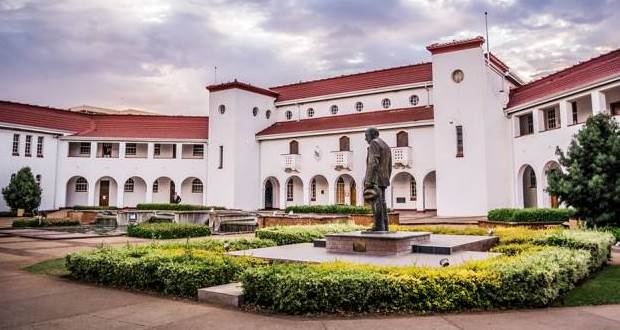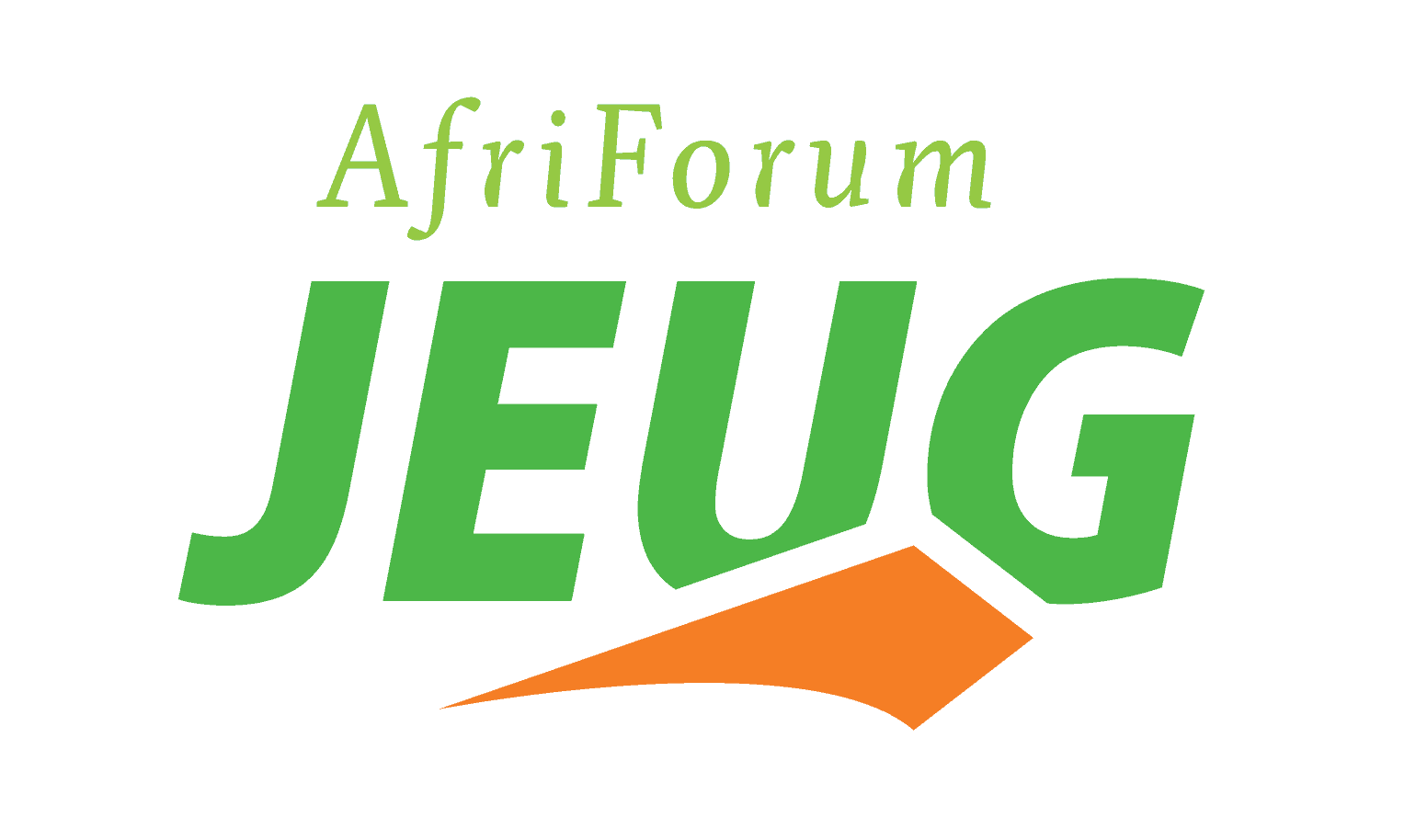
Afrikaans must stay on Potchefstroom Campus
AfriForum Youth today handed a letter to dr Bismark Tyobeka, vice-chancellor of the North-West University (NWU) on the Potchefstroom Campus. This youth organisation feels compelled to physically hand over a letter in which they take a strong position that the future of Afrikaans on the Potchefstroom Campus must be secured after an investigation of the university’s policy documents revealed that a radical transformation policy is an integral part of their core policy.
Strict race quotas in the NWU’s appointment process and a language policy that enables a statutory body to prescribe a language applicable to all campuses during any academic year, in any qualification or module, indicate that the Potchefstroom Campus is pushing Afrikaans out at a rapid speed under the guise of transformation.
Tyobeka has already made statements about the seriousness of the Potchefstroom Campus to keep Afrikaans on campus, but policy documents indicate the opposite. Considering this, the youth organisation travelled to Potchefstroom to physically hand over the letter and remind the Potchefstroom Campus that they only have 12 days left to answer the questions posed earlier.
AfriForum Youth on 19 October sent a formal application in terms of the Promotion of Access to Information Act (PAIA) to the Potchefstroom Campus to determine the future of Afrikaans.
René van der Vyver, the spokesperson for AfriForum Youth, says that the Potchefstroom Campus is currently going down the same path as all the other universities in the country that slowly pushed Afrikaans to the side and eventually abolished it.
“The questions posed in the PAIA application will indicate what the future of Afrikaans is on the Potchefstroom Campus, while AfriForum Youth is already extremely sceptical following an investigation into the university’s policy documents. However, the answers to our PAIA application will be decisive, so that we can equip prospective students and donors with accurate information about the use of Afrikaans on the campus so that they can make an informed decision about where they want to study or want to donate money,” concludes Van der Vyver.







